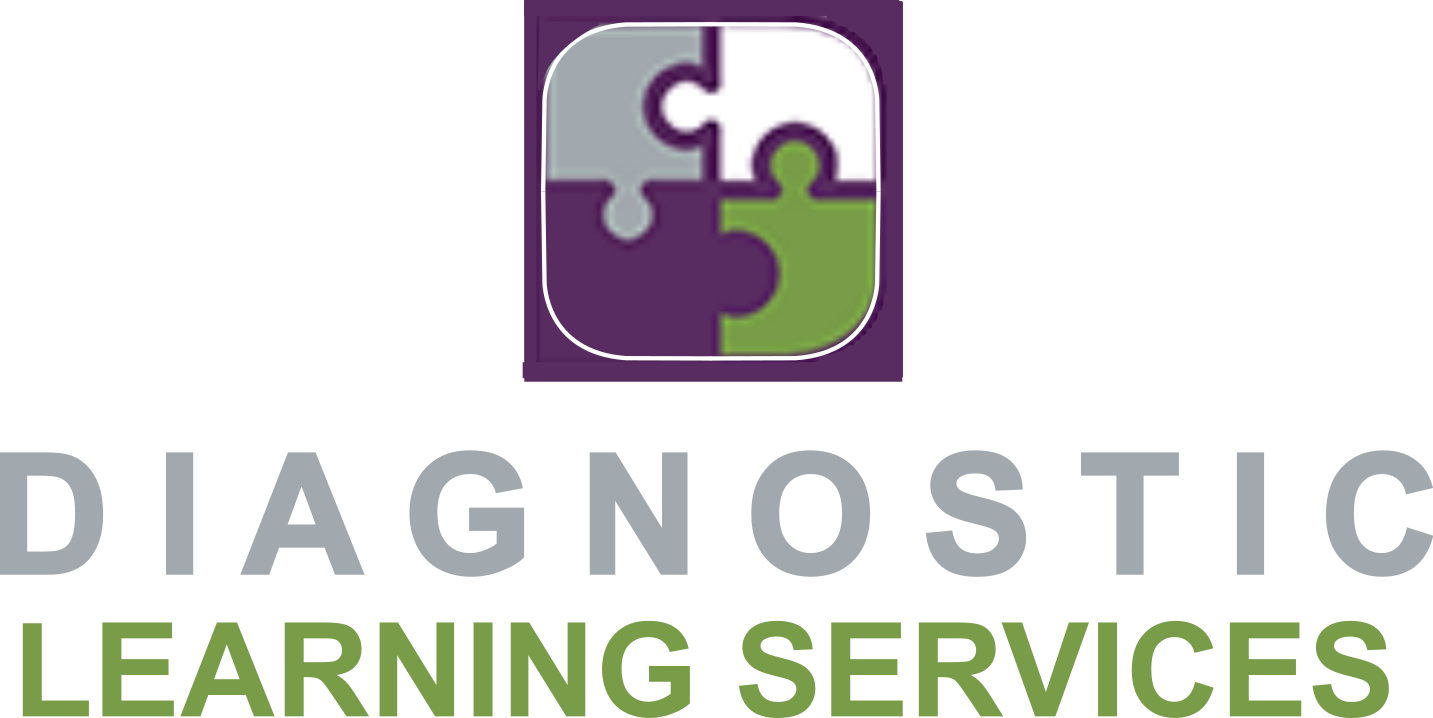What Is Dysgraphia?
Dysgraphia is more than just "messy handwriting." It’s a learning disorder that affects both motor skills and written expression. Adults with dysgraphia may face difficulties with tasks ranging from note-taking to filling out forms, writing emails, or even performing basic motor tasks like tying shoelaces or handling small objects. While many individuals with dysgraphia have found compensatory strategies, such as avoiding writing, an in-person evaluation can provide clarity and offer targeted solutions.
Note: Dysgraphia is not an indication of intelligence or effort. It’s a neurological condition that impacts fine motor coordination and writing.
Common Indicators of Dysgraphia in Adults
If you recognize these challenges, dysgraphia may be the underlying cause:
- Messy or Illegible Handwriting: Handwriting is difficult to read—even by you.
- Fine Motor Skill Issues: Difficulty with small, precise movements (e.g., buttoning a shirt, cutting food).
- Uncomfortable Pen Grip: Holding a pen in an awkward or painful way.
- Problems Following Steps: Difficulty with sequential tasks (e.g., learning new game rules, assembling furniture).
- Struggles with Spatial Awareness: Difficulty understanding maps, layouts, or aligning text properly on a page.
- Avoidance of Handwriting: Preferring digital alternatives, such as voice-to-text or typing.
- Spelling Problems: Frequent misspellings, even of simple or familiar words.
- Typing and Texting Frustrations: Finds typing slow, frustrating, or difficult to coordinate.
- Letter Irregularities: Randomly switching between uppercase, lowercase, cursive, and print while writing.
- Hand Discomfort or Fatigue: Experiencing pain, cramping, or fatigue after short periods of writing.
Tip: If these symptoms resonate with you, an evaluation can help identify dysgraphia and provide strategies to improve your daily functioning.
Why Get Tested for Dysgraphia as an Adult?
An official diagnosis can open the door to workplace accommodations, assistive technology, and strategies that make daily writing tasks easier. Whether you're a college student requiring extended time on exams or a professional seeking ways to improve efficiency, testing is the first step toward receiving the support you need.
Don’t let dysgraphia hold you back—take the first step toward clarity and confidence today.
